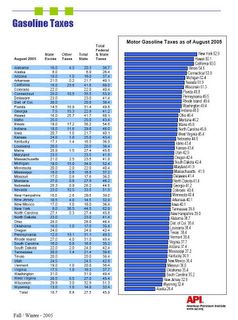Ensuant to the Yale Taliban kerfuffle, Yale president Richard C. Levin has issued a
statement on Yale's special student programs. The statement never mentions the Yale Taliban--a former Taliban official now enrolled as a special student at Yale--but it does mention the increased media attention since February 2006 (when incidentally the Yale Taliban story broke).
Apparently there are 58 to 72 students admitted annually to Yale's special student programs, some on a degree track and most not. Levin mentions twice that these students
do not live on campus, do not receive financial aid, and do not compete for admission with the 1300 members of the freshman class in Yale College.
This is presumably an effort by Levin to ensure that people know that the Taliban is not taking anything away from regular (that is, non-special) Yale students.
First, a trivial quibble with the statement: some students (including the Yale Taliban)
do receive financial aid. This aid does not come from the University, though, and so Yale should not be held accountable for it.
Second, a more substantive quibble: special students
do compete with regular Yalies for university resources. For classes with unlimited space, the more students in the class, the more diluted is the professor's attention. For classes with limited enrollment, some students are routinely turned away.
Here is my understanding/recollection of how the decision to turn students away is made:
- For some classes students are turned away based on formal criteria. For example, economics major undergraduates are admitted first, then other undergraduates, then economics graduate students, then other graduate students.
- Other classes use more subjective criteria. For example, students might write a note of why they want to be in the class, and the professor chooses a mix of students that will make for the most interesting classroom environment.
So, despite Levin's implicit protestations that the Taliban did not take a spot from a Yale freshman, it is quite plausible that the Taliban is indeed taking classroom space from that same Yale freshman (or upperclassman or graduate student). And given the apparent cap of 72 special students, the Taliban man certainly appears to be taking a special student spot that could otherwise have gone to someone who never was a high officer with a terrorist regime at war with the United States--a high officer who incidentally has never publicly renounced the policies of that regime.
Update: Clint Taylor comments on other aspects of the Levin statement
here.





 Syndicate this site
Syndicate this site


